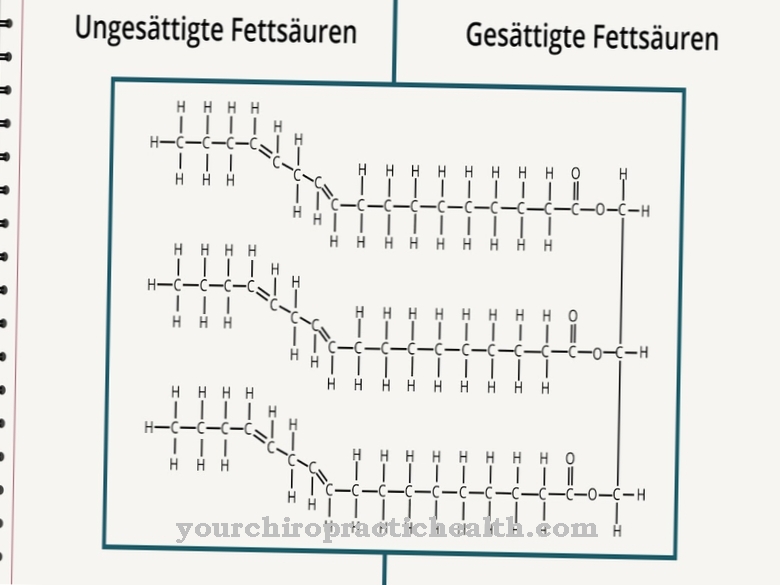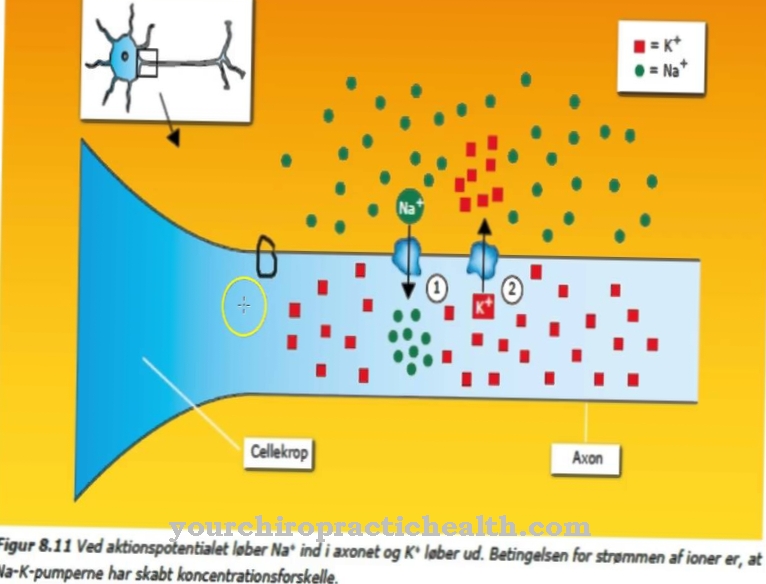Calories is the unit of value for measuring the energy content in food. This energy is implemented by the human body. Excessive or insufficient intake of calories can lead to serious physical ailments and illnesses.
What are calories

The energy in food is measured in calories. 1 calorie is the energy needed to raise the temperature of one gram of water by one degree.
Calories from food are measured in kilocalories (abbreviation: kcal). In other words, they correspond to the energy required to heat one kilogram of water. The calories of different foods vary widely. Chocolate can have as many calories as a whole lunch meal with meat, vegetables, potatoes and sauce.
However, the calories in chocolate are neither "better" nor "worse" than those of lettuce. This is just an indication of energy. Nevertheless, with a bar of chocolate (or with short-chain carbohydrates such as chips, rice and white bread), hunger returns much faster than with a high-fiber diet with a similar amount of calories.
Humans take in calories from food and burn them to perform all of the body's functions.
Measure calories. How many calories do you need?
How many calories a person has to consume daily depends on their individual physical constitution and their additional energy requirements.
A person's basal metabolic rate is the amount of calories they burn without moving (lying down). The basal metabolic rate depends on the gender, height, weight and age of the individual. The total need for calories includes the additional consumption from work, sport and any other physical activity.
The mean value for a total daily turnover is often given as 2000 kcal. This is a rough average and can differ significantly for individual people (e.g. age, gender, daily activities).
The basal metabolic rate is calculated using this formula:
Man: Basal metabolic rate kcal in 24 h = 66.47 + (13.7 × body weight in kg) + (5 × height in cm) - (6.8 × age)
Woman: Basal metabolic rate kcal in 24 h = 655.1 + (9.6 × body weight in kg) + (1.8 × height in cm) - (4.7 × age)
An example calculation for a 30 year old woman could look like this:
Basal metabolic rate: 1444.1 kcal in 24 h = 655.1 + (9.6 × 65 kg) + (1.8 × 170 cm) - (4.7 × 30 years)
↳ The basal metabolic rate does not include physical activities as energy expenditure.
Depending on the physical activity, the value is multiplied by 1.2 (little movement), 1.6 (a lot of movement) or other values to calculate the total requirement.
To control your own calorie budget, the information on foods should be studied and not more or less distorted than necessary.
Function, effect & tasks
A balanced diet provides the body with the exact amount of calories it needs to function properly. However, the factor of a healthy body weight also plays a major role here.
Through digestion, the body breaks down the molecules of the food and releases the energy in it. This energy is converted into basic functions such as heartbeat, body temperature, thinking, but also into movement and every other activity of the body. The body stores excess energy in the form of fat cells. The process of converting energy is called metabolism.
More activity promotes the metabolism, less activity allows the body to store more energy. Weight gain is therefore either the result of overeating or lack of exercise, or a combination of both.
A balanced diet with lots of fiber and protein (and avoiding short-chain carbohydrates such as rice, pasta, chips, French fries and white flour products) promotes a healthy feeling of satiety and does not depend on calorie control via food information.
An unbalanced diet with high-calorie foods (e.g. sweets, alcohol) can manipulate the feeling of satiety and lead to weight gain.
Illnesses from too many or too few calories
Adequate intake of calories is essential for physical health. Both high-calorie and low-calorie diets can lead to physical complaints and illnesses.
An inadequate supply of calories is usually associated with an insufficient supply of the necessary proteins, fats, minerals and vitamins. The first symptoms are a reduction in physical performance, followed by hair loss, reduced fertility and a deterioration in the immune system.
This results in the susceptibility to secondary diseases. Those affected show more signs of aging, water retention can occur and, in severe cases, organ damage can set in.
In industrialized countries, the consequences of excessive calorie intake are more common. These often only set in gradually over many years. In addition to complaints in the joints and bones due to the increased stress, increased blood pressure or heart problems often occur.
The cholesterol levels in the blood rise and the risk of heart attacks due to clogged arteries increases significantly. But diabetes, gallbladder diseases and other secondary diseases also result from long-term malnutrition with too many calories.





.jpg)







.jpg)

.jpg)
.jpg)











.jpg)